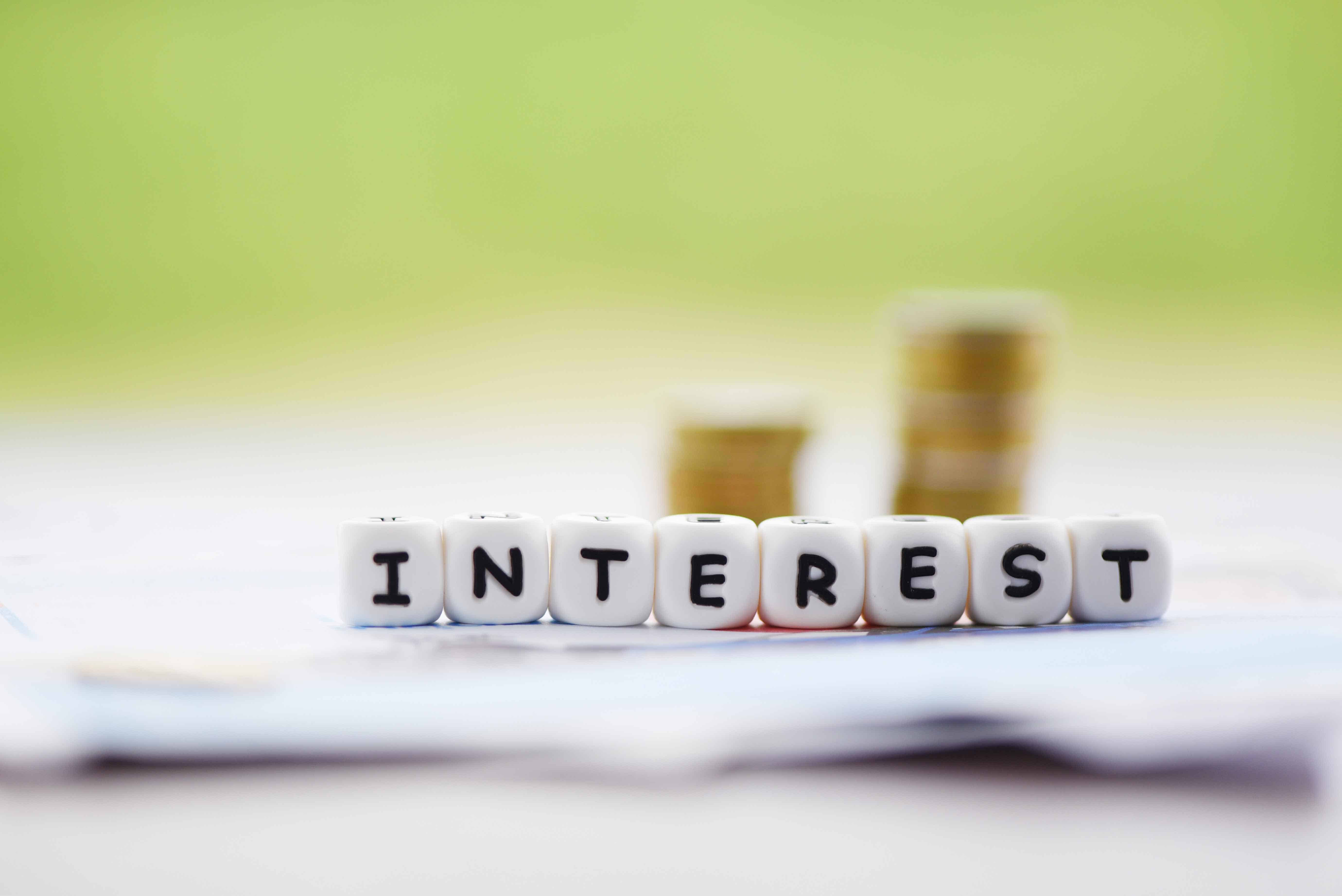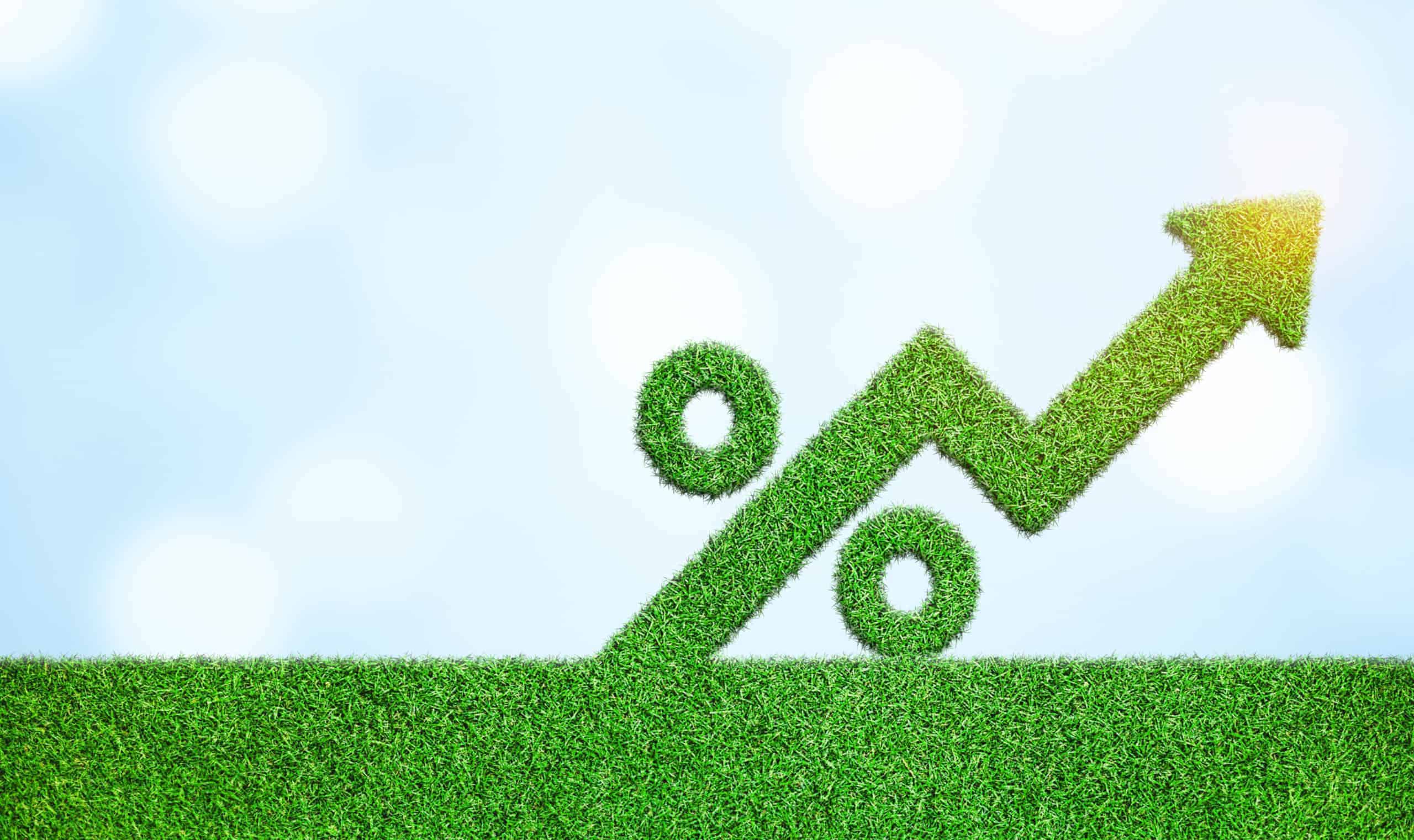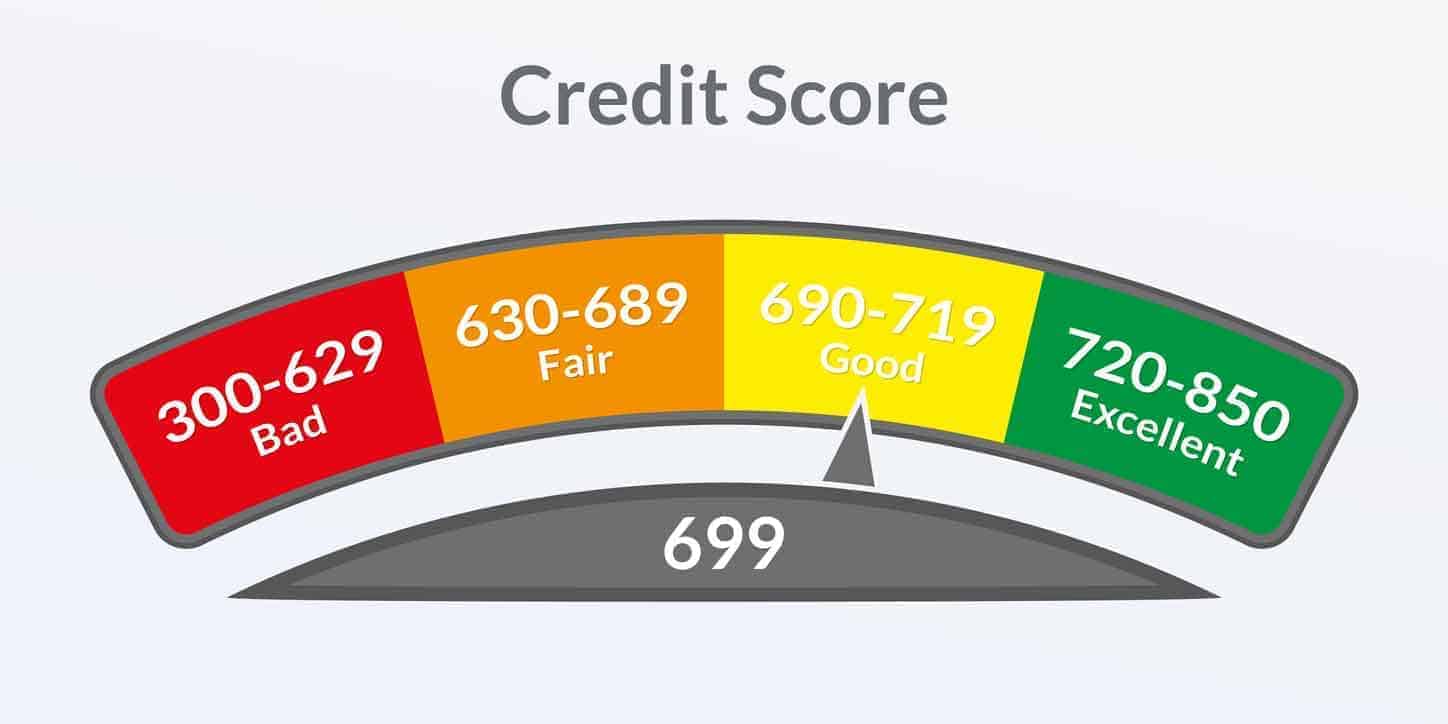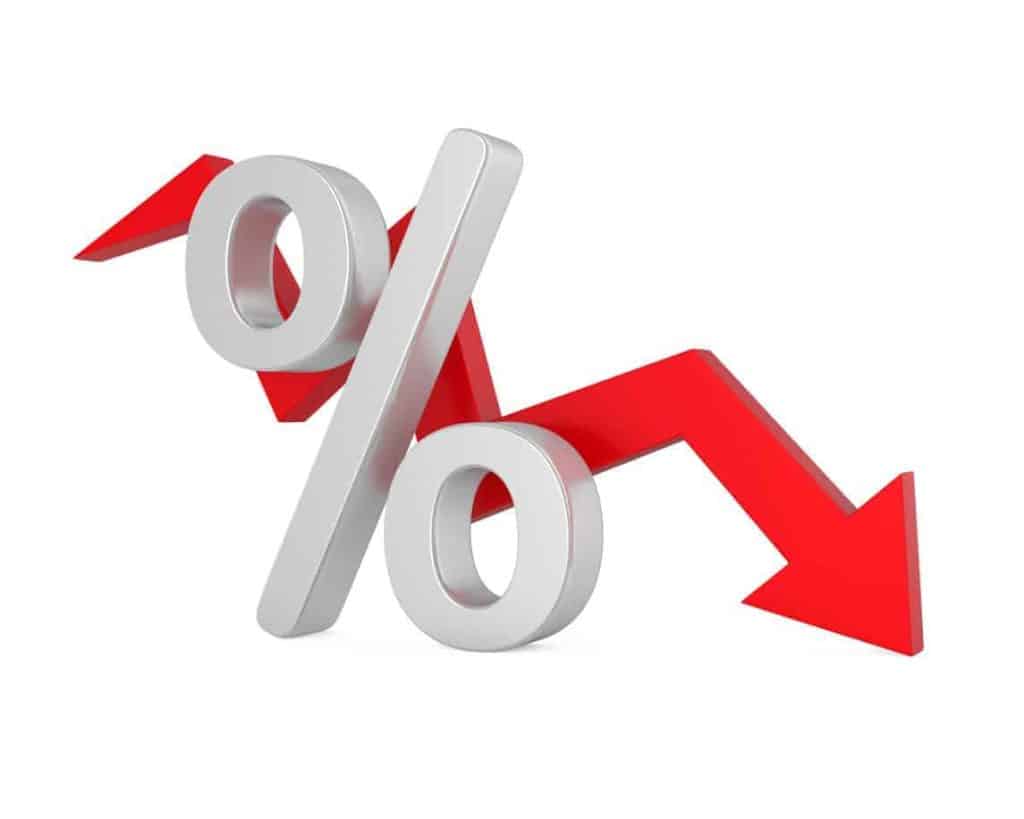Whether you want to consolidate your debt or are getting ready to complete a renovation on your home, a personal loan can provide you with the money you need to complete these projects. When you and I are searching for the right loan, the interest rate should be the most important factor in the decision. Interest rates can vary significantly. However, knowing what a good interest rate is should help you avoid a situation where you obtain a loan with an interest rate that’s far too high.
Reasons to Obtain Personal Loans
There are plenty of reasons why you and I might want to obtain a personal loan, which include everything from debt consolidation and home remodeling projects to large purchases and emergency expenses.
When looking specifically at debt consolidation, personal loans are ideal because it allows for all outstanding balances that you owe to be consolidated into a single monthly payment. By grouping this debt together, you should be able to avoid becoming overwhelmed with the payments you’re making. Since personal loans come with low interest rates, you can effectively reduce the amount of money you owe after combining the outstanding debts. Examples of emergency expenses that personal loans can be used for include funeral expenses and unexpected medical bills. As for large purchases, personal loans are commonly used to pay for recreational vehicles and large appliances. You can even use this type of loan to pay for your wedding.
What Is an Interest Rate?

The interest rate of a loan refers to the percentage of the overall principal that you’re borrowing. The lender determines what the interest rate will be for your loan, which can range anywhere from 5-30 percent.
The interest rate that the lender attaches to your loan is determined by how much risk you carry. Loans with lower risk will come with lower interest rates, while high-risk loans come with high interest rates. The interest rate is added to your principal, which means that you will invariably pay more than the original loan amount by the time you’ve finished making payments. The majority of personal loans use a basic annual percentage rate, which means that interest isn’t compounded. If you want to make lower monthly payments on your loan, it’s highly recommended that you attempt to find a loan that comes with a low interest rate. If the interest rate is too high, you may be unable to afford the monthly payment that’s allotted to you.
What Is a Good Interest Rate?

While there are a wide range of factors that determine the kind of interest rate that will be attached to your loan, a good interest rate is one that you can afford and one that won’t substantially increase your monthly payments. When it comes to personal loans, you should avoid loans that come with interest rates that are higher than 20 percent.
Even though interest rates differ significantly depending on a variety of factors, the average interest rate that comes with personal loans is around 9.41 percent. While this number might seem high compared to the interest rates that come with car loans and mortgage loans, personal loans carry more risk for lenders. Interest rates can reach as high as 36 percent, which you should never pay unless you’re certain that you will be able to make the monthly payments. If you have a strong credit score and a lengthy credit history, you may be able to obtain a low rate loan with an interest rate that’s around 5-6 percent. Lenders that focus on providing loans to individuals with good credit are more likely to offer low interest rates.
Primary Factors That Affect Interest Rates for Personal Loans
There are a myriad of factors that dictate what your interest rate will be, the primary of which is your current credit score. Because personal loans are unsecured debt with no collateral backing them, the interest rate you’re provided with may be higher than you expected even if you have a high credit score.
When looking specifically at your credit score, having a high credit score that’s above 800 makes it more likely that you will be provided with a low rate loan. Lenders believe that borrowers with high credit scores are less risky to provide loans to, which is why they don’t feel the need to attach a high interest rate to the loan. If you’ve made your credit payments on time and don’t have a significant amount of debt, you should be able to obtain a low interest rate with your loan. Your overall debt-to-income ratio will also be considered by the lender you apply to. This ratio divides your monthly debt payments by your total monthly income. Having a relatively low DTI means that you have enough money to make payments on the loan.
How to Increase Your Credit Score Before Applying for a Loan

If you find that your credit score is currently too low to obtain a low interest rate, there are many things that you can do to start boosting the score. Once you begin to take the right steps, you could substantially increase your score in just a short period of time.
To identify ways in which you can bolster your credit score, you’ll first want to request your credit report, which can be done for free once per year with Experian, Equifax, or TransUnion. Once this report is in hand, you can identify anything that’s dragging your score down. If you have any debt, try to make payments to reduce this debt, which will invariably increase your score. In the event that you don’t currently have a credit card, consider applying for one. Purchase a few things every month with this card, and pay your balance immediately after receiving your monthly bill. You should also dispute any errors that you find on your credit report, which could be the reason that your score isn’t as high as it should be.
How to Compare the Loans Available to You
To get the best rate, it’s highly recommended that you compare loan options via the pre-qualification process, which will allow you to estimate the interest rate before you apply. The various factors you should compare include:
- Annual percentage rate – This should be the first thing that you compare with each loan, which reflects the overall cost of the loan when taking fees and interest rates into account
- Loan term – The length of the loan will determine the interest rate you pay since shorter terms tend to come with lower interest rates
- Monthly payment – You can compare the monthly payment with each lender to better understand what you will be expected to pay
- Total fees – It’s important that you compare the total fees with each lender, which can include origination fees, pre-payment penalties, and late fees
The interest rate that you pay for your loan depends on a variety of factors, which means that not everyone can qualify for a low rate loan. The average interest rate for personal loans is 9.41 percent, which is what you should expect to pay with a good credit score. However, it’s possible for your interest rate to be as low as 5-6 percent. Are you thinking about applying for a personal loan in the near future? If so, head down to the comment section for further discussion.



